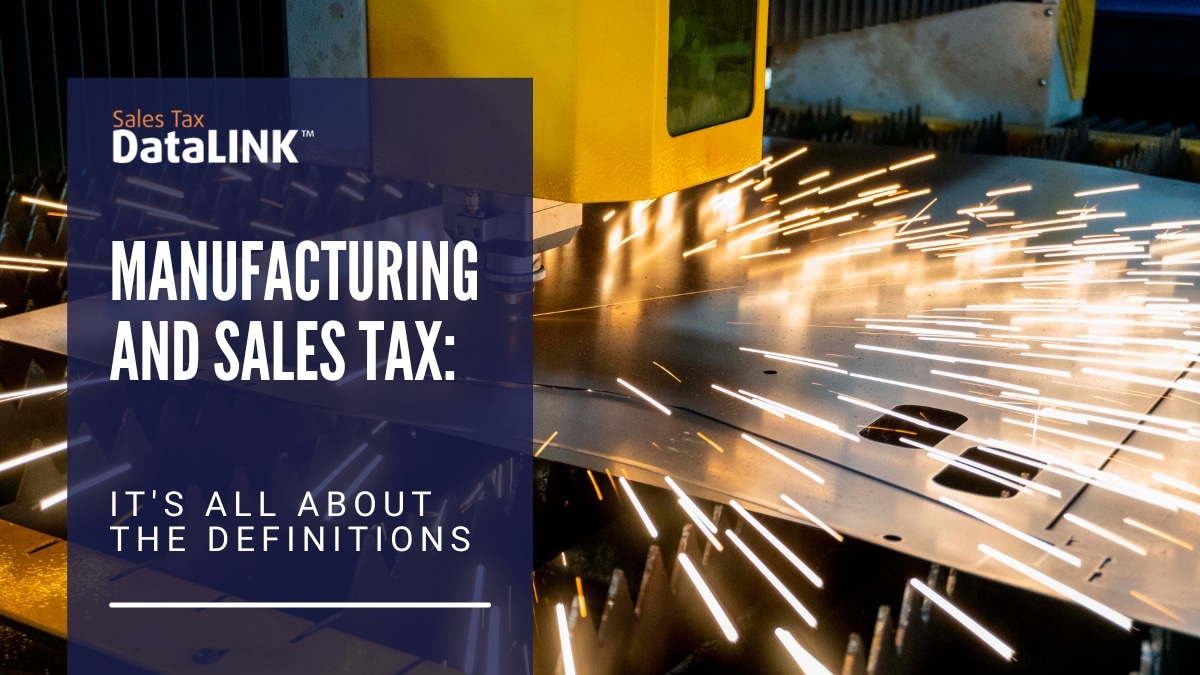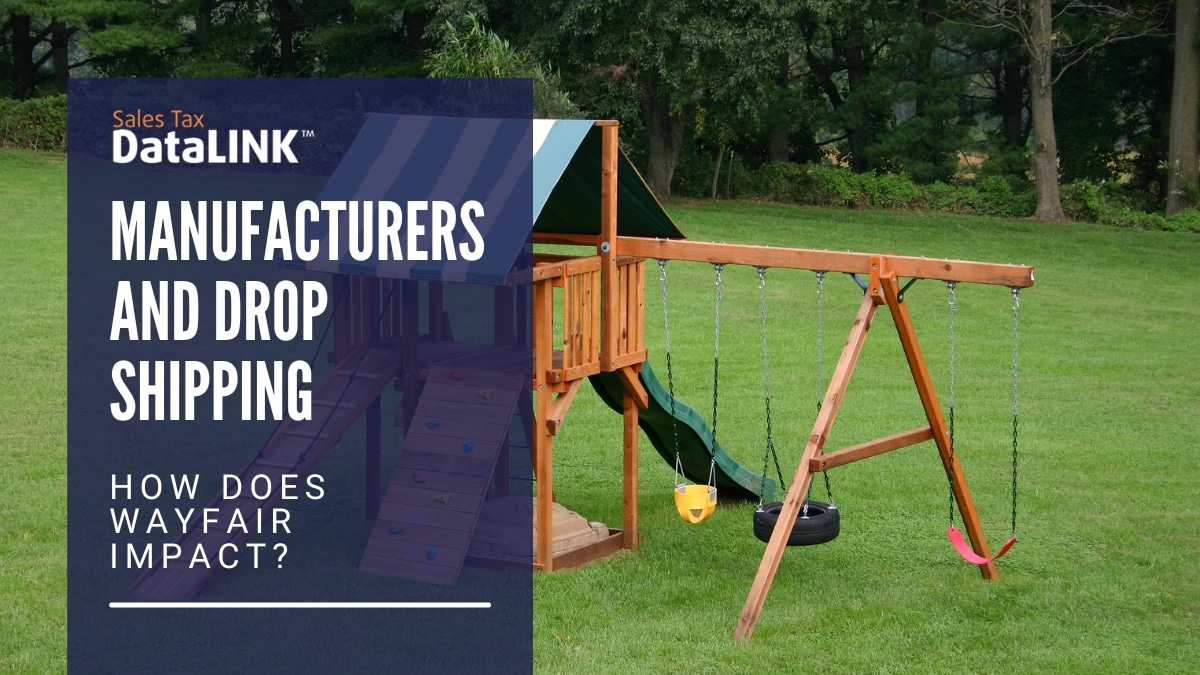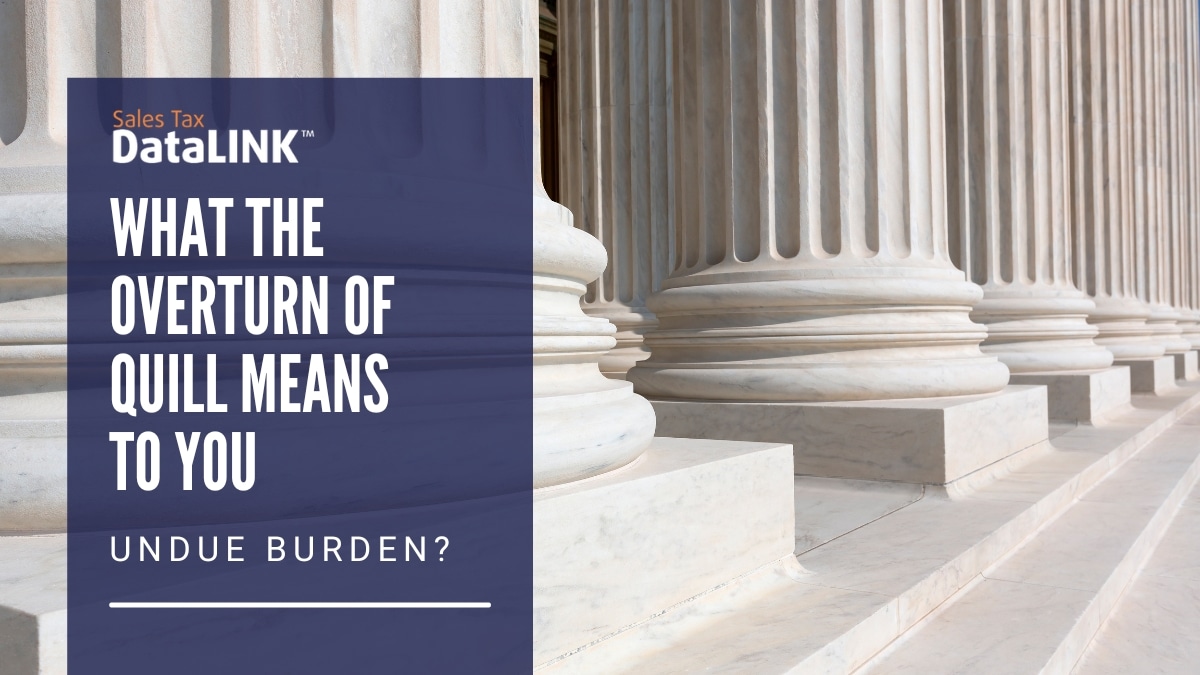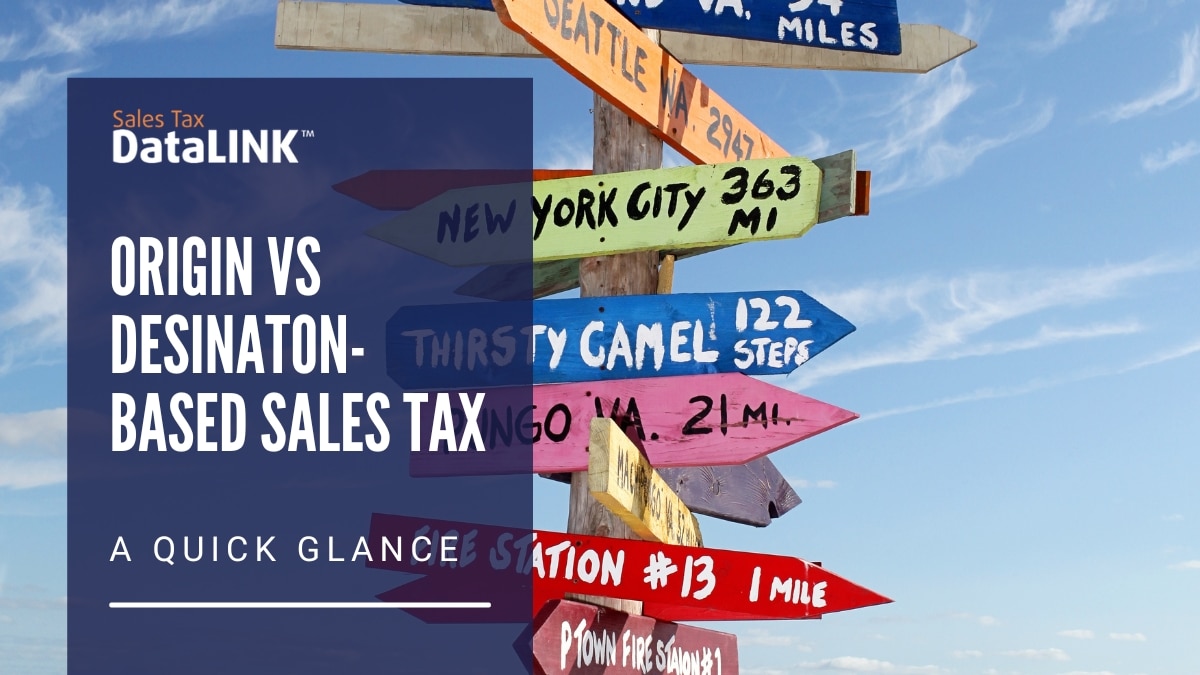Hawaii's implementation of new economic nexus provisions for the General Excise Tax (GET) raises concerns about retroactive sales tax obligations. Following the Wayfair decision, which eliminated the physical presence requirement for sales tax collection, Hawaii expanded its nexus definitions to include economic factors. This Supreme Court decision did away wit...
Kentucky's recent sales and use tax regulations undergo sweeping changes, prompting the need for manufacturing Sales Tax Bills cleanup. With the end of Quill altering nexus definitions nationwide, states like Kentucky are seizing the opportunity to revamp their tax laws. However, these changes unintentionally clash with the Kentucky Jobs Retention Act, posing potential tax disadvantages for manufacturers like Toyota and General Electric.
Use tax for manufacturers is a crucial aspect often intertwined with sales tax regulations. While sales tax is typically collected by sellers at the time of purchase, manufacturers may be exempt from sales tax on certain items, such as manufacturing machinery.
Navigating the realm of manufacturing and sales tax requires a keen understanding of the ever-evolving definitions set forth by different states. Each state has its own unique approach to defining manufacturing machinery and determining the applicability of sales tax exemptions.
Drop shipping presents a convenient arrangement for manufacturers, retailers, and end users alike. However, when it comes to sales and use tax, the complexity of the transaction can create challenges.
For sales tax newbies, understanding and complying with the evolving sales tax landscape can be a daunting task. With the recent overturning of the Quill ruling by the Supreme Court, online sellers are now required to navigate the complexities of sales tax compliance in states where they conduct business, regardless of physical presence.
The overturn of the Quill ruling has brought significant changes to the concept of nexus in sales tax. Previously, physical presence was the determining factor for requiring sales tax collection.
The overturn of the Quill ruling has significant implications for online retailers. With the Supreme Court's decision, states now have the authority to collect sales tax from online sellers without a physical presence in their state. While specific guidelines for the new state laws are yet to be defined, it's crucial not to wait and take proactive measures.
The Wayfair decision has brought significant changes to the sales tax landscape. While the impact may vary for different types of businesses, it's essential to understand the new thresholds and requirements set by individual states. Small online businesses may not experience immediate changes unless they meet specific sales thresholds, while medium-sized online stores might be most affected.
The recent Supreme Court decision overturning Quill has significant implications for direct sellers. Previously, sellers were only required to collect sales tax if they had a physical presence in a state.
The end of Quill has significant implications for manufacturers, especially regarding sales tax. While manufacturers often believe they are exempt from sales tax, various business practices like drop shipping and trade show sales can create nexus, making them responsible for sales tax collection.
The recent Supreme Court decision in South Dakota vs. Wayfair has brought about the death of the retail use tax. Previously, online sellers were not required to collect sales tax unless they had a physical presence in a state.
The Supreme Court's decision to overturn Quill in the South Dakota vs. Wayfair case marks the end of an era, with significant economic changes on the horizon. While the ruling primarily affects sales tax collection, its impact extends far beyond.
Quill Corporation, a renowned office supply company, faced a significant legal battle regarding sales tax collection. The case, known as the Quill case, reached the Supreme Court and established a precedent concerning the requirement of a physical presence for tax purposes.
The Supreme Court's overturn of Quill, a landmark decision regarding sales tax collection, has significant implications for businesses. Previously, a physical presence was required for a company to collect sales tax in a state. Half a century ago, a Supreme Court decision known as Quill said that a company would only have to collect sales tax in a state if they had a physical presence. “Physical presence” might be a warehouse, an office building, an employee...
Understanding the difference between origin-based sales tax and destination-based sales tax is crucial for businesses. Origin-based sales tax is charged based on the location of the business, while destination-based sales tax is determined by the buyer's location or the "shipped to" address.
If you're a manufacturer in Florida, it's time to celebrate because the Florida exemptions for machinery and equipment are being extended! Learn about the permanent sales tax exemption and how it benefits eligible manufacturing businesses.
The debate surrounding online sales tax continues to be a topic of controversy. New Hampshire Senator Jeanne Shaheen has expressed concerns about the Marketplace Fairness Act and its potential impact on small businesses in her state.
With increasing awareness of climate change, the discussion around a carbon tax in the United States is gaining momentum. Countries like Australia, China, Canada, and others have already implemented some form of carbon tax.
Sales tax regulations can be a source of confusion and anxiety, particularly for online shoppers and businesses. Many consumers fail to pay the required use tax on their online purchases, and the convenience of having businesses collect and remit sales tax adds to the challenge.
BlogEdwin Flores2023-11-03T08:37:15-05:00




















